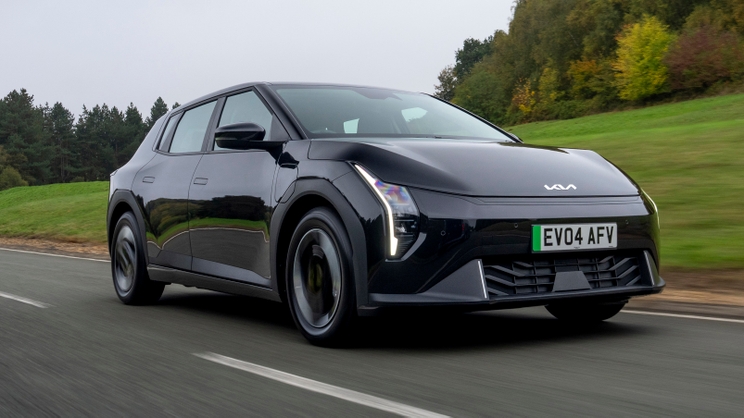Stepping in to the world of electric vehicles can be confusing with lots of questions and new terms to get to grips with – read our guide to learn more
Continuing with our series detailing more about hybrid vehicles, we now look at battery electric vehicles, and answer your commonly asked questions about them.
What is a battery electric vehicle?
A battery electric vehicle (BEV) is a vehicle where there is no combustion engine. The car is instead powered by one or more electric motors and an internal battery. A BEV will require charging using an electric charging point to charge the batteries.
How long do the batteries in electric vehicles last?
Battery life can vary massively from vehicle to vehicle, and from driver to driver. Most EV makers offer a guarantee on the battery pack independent of the regular factory warranty – typically guaranteeing that the battery pack will retain a certain percentage of its capacity over a certain period. Tesla, for example, guarantees the battery pack in its rear-wheel-drive Model 3 will retain at least 70% of its capacity over eight years or 100,000 miles, whichever comes first.
Battery packs in EVs can last significantly longer than this if you are mindful of how you use it. Batteries dislike being completely empty or regularly being charged to maximum capacity – we'd suggest only charging your EV's battery to 80% normally, and reserving a full 100% charge for times when you know you're travelling long distances. Many EVs will let you limit charge percentage using the car's infotainment system.
Which battery is used in electric vehicles?
The overwhelming majority of electric vehicles use lithium-ion batteries. These can store significant amounts of energy without being too heavy to be practical in a car, and without costing so much that they make the car unaffordable.
How do I get more range from an EV?
Just like with a petrol or diesel engine, the biggest change you can make is by altering your driving habits. Slow and smooth acceleration and braking can help to increase the range of the car, as well as looking far ahead to predict traffic patterns before you get to them.
You can also help extend the range by reducing your energy usage in the cabin, such as turning off heated seats, air conditioning or other electrical systems.
Do electric cars lose charge when parked?
EVs will lose a tiny amount of charge over time when parked, but it's such a small amount that it's basically negligible.
Unlike 12V lead-acid car batteries that need regular activity to maintain charge, modern lithium-ion batteries used in electric vehicles can hold charge for very long periods. Despite this, we'd still recommended regularly using your EV and its battery pack to keep it in healthy condition.
Does rapid charging damage the battery of an EV?
Whilst it's true that regular use of rapid charging can decrease the longevity of an electric car battery, the impact of this is minor.
Currently, it is recommended to use rapid charging when on long journeys or in need of charge quickly, while sticking to regular charging as much as possible.
Can you overcharge an electric car?
Electric cars are designed to recognise when they have reached maximum charge and stop charging. This is because most drivers will leave their electric vehicle to charge overnight for use on their regular commute.
Do electric cars need maintenance?
As with any car, an electric car will still need servicing.
Wipers, tyres, brakes and brake fluid are just a few of the essential items that still need regular inspections regardless of whether your car is electric or uses a regular combustion engine.
Who owns the battery in an electric car?
When electric vehicles were first introduced into the market, some manufacturers offered more affordable buying options that didn't actually include the EV's battery. In these cases, you'd have to pay a monthly lease for the car's battery. This meant you owned the car but had ongoing costs relating to the battery.
In response to negative consumer feedback and the increased availability of EVs, this practice has now died out, with batteries fully included in the vehicle purchase.



































